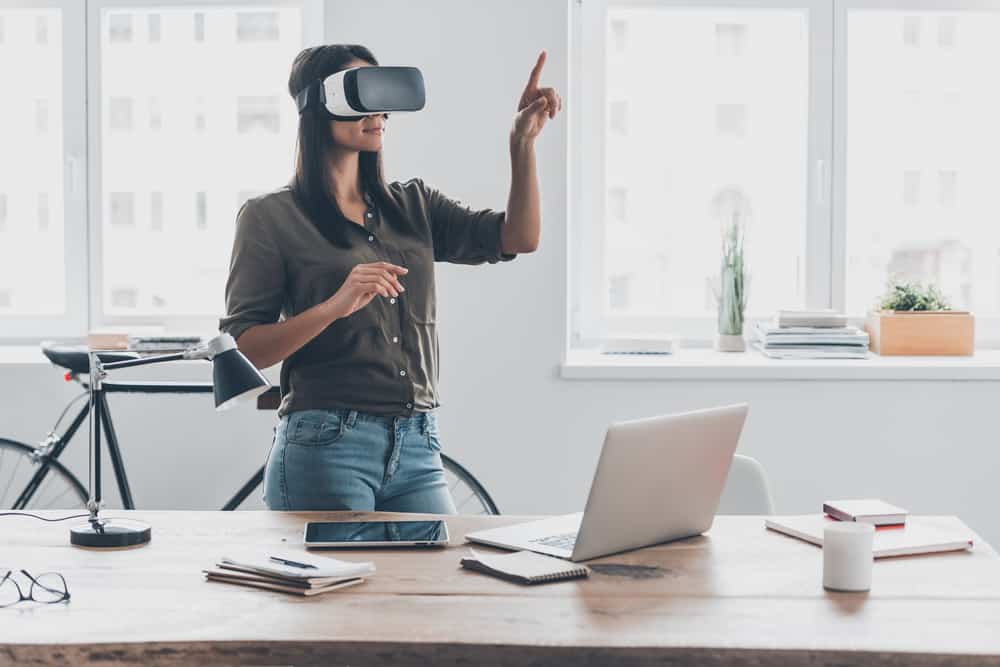VR and AR are forecast to add £62.5 billion to the UK economy, a 2.4% boost to GDP, by 2030 according to a new report by PwC.
The majority of the contribution to the UK economy will come from AR (£44.4 billion) with VR providing £18.1 billion. VR and AR will also have a significant impact on the UK workplace with 1.19% of jobs (400,663 people) utilising the technologies by 2030.
Jeremy Dalton, Head of Virtual Reality and Augmented Reality, PwC UK commented: “VR and AR are finally coming of age and have the potential to provide a significant boost to the UK economy. They will also improve the way organisations operate, make processes faster and more effective, and create incredible new experiences.
“However, the technology needs the full support of key stakeholders in order to fully prosper. Research groups will need to provide the advancements that drive the technology forwards. And businesses will need to build a better understanding of the technology by getting started and using VR and AR to help solve business problems their organisations face.”
Overall, VR and AR have the potential to add £1.4 trillion to the global economy by 2030, according to the report.
This would provide a big increase on the current contribution to global GDP of £41.9 billion. On a country by country basis, the US will see a boost of £484.2 billion to its economy by 2030 as a result of VR and AR, representing a 2.83% increase in GDP.
The major Asian economies of China (£165.3 billion) and Japan (£129.1 billion) will see the next biggest boost representing 2.09% and 2.00% increases in GDP respectively.
However, it is the European economies of Finland (£7 billion), Germany (£93.4 billion) and the UK (£62.5 billion) that are forecast to see the biggest increases in percentage terms of GDP by 2030 with contributions of 2.64%, 2.46%, and 2.44% respectively.
Out of the two technologies, AR will continue to provide the biggest benefits to global GDP through to 2030, accounting for £985 billion of the £1.4 trillion overall.
Jeremy Dalton added: “While many organisations might think VR and AR offer no major benefit to their business, our research has shown that’s not the case. Now is the time for them to think about how these technologies can improve their performance or they risk being left behind.
“Organisations need to look beyond the software development stage and focus on designing the solution to solve a specific business issue – VR and AR can be used to speed up processes, improve safety, reduce costs or open up new revenue streams.
“The uptake and positive feedback of a VR or AR solution will be largely dependent on how comfortable and intuitive it is to use, so creating a seamless experience is crucial.
“Start small with a pilot programme to see the technology in action. Follow up by gathering feedback to direct the next step, which could be further investment or a pivot in a different direction, or a completely different path. There is no failure in being better informed.”

